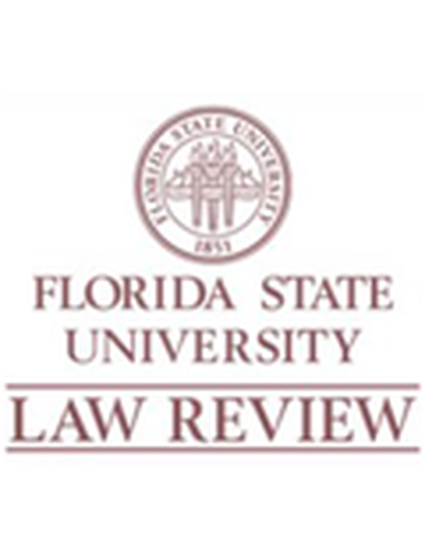
Much of criminal law relies on proof by inference. In criminal law, fact finders untangle not only what happened, but why it happened. It is answering the “why” question that places an act and its result on the legal spectrum of liability. To reach that answer, the fact finder must engage in an interpretive act, considering not only what can be seen or heard, but the significance of that testimony or physical evidence in real world contexts – the world in which they occurred but also the fact finder’s own world. Recent developments in neuroscience suggest that in the context of juvenile defendants, this moment of interpretation is fraught with particular risks. The emergence of fMRI technology has provided significant insights into adolescent brain development and its effect on adolescent thought processes. As a result, scientists (and courts) recognize that adolescent actors are more likely to engage in risky behavior, fail to properly comprehend long term consequences and over value reward. In short, science has proven what most long suspected: kids think and react differently than do adults. Although criminal law has long accounted for this difference procedurally – most evidently in the creation of an independent juvenile justice system – there has been little exploration of its significance in the realm of substantive criminal law. This Article argues that what is known of adolescent brain development suggests that adult fact finders are poorly positioned to accurately assess a juvenile defendant’s state of mind, because adults lack the perspective of those whose actions and words they seek to interpret – juvenile defendants. Rather than asking fact finders to perform the impossible task of placing themselves in the adolescent’s mind, substantive criminal law should instead acknowledge the difference in perspective and permit evidentiary presentation and jury instructions akin to defenses that rely on the defendant’s actual, as opposed to imagined, perspective.
Available at: http://works.bepress.com/jenny-carroll/14/
